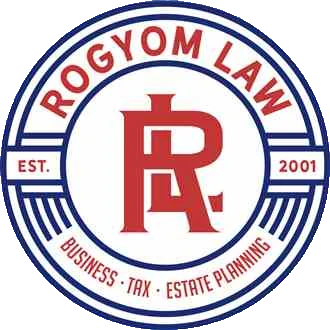When forming a new LLC, many wonder whether it’s better to form it in their home state or form it in another, such as Delaware, Wyoming, or Nevada. For most, the best choice is to form it in their home state.
Some believe their business will receive special tax benefits by forming their LLC in an alternative state. But the reality is that many people are getting these ideas from friends, internet gurus, or tax plan promotors, many of whom are either unqualified or provide so many caveats they cannot be held responsible if they get you into trouble. Most state that the reasons for forming your entity outside your home state are for liability or tax purposes. While some businesses can benefit from the differing tax laws of other states, most small business owners receive no benefit and their forming the LLC in another state only creates financial and administrative burdens.For instance, many people promote Nevada as a place to incorporate because there is no corporate income tax, but a Maryland business may not be able to legally take advantage of that tax difference due to Maryland tax laws if they operate Maryland.
Further, for most, your home state often provides adequate liability protection for your business, despite the often promoted liability protection benefits of having a Delaware entity.
Many people are aware that major corporations often choose to register their companies in a handful of states, the most common being Delaware. Many believe this is primarily to limit their tax liabilities. But major corporations ofter decide based upon those states’ corporate governance requirements or specific to their industry. The states they choose often have relaxed rules on how a company must be run or funded and limit shareholders’ rights or perhaps because they are, for instance, a credit card company. In other words, their reasons may be completely irrelevant to small local businesses.
If your company operates in Maryland, then it will be required to file a Maryland income tax return. The company’s income that originates in Maryland must be reported on the Maryland tax return and taxed as Maryland income. Generally, unless your company has operations in multiple states, there is no need for your company to form outside its home state.
A small business that registers in another state may experience a number of problems. First, most states require a company to register as a “foreign business” and pay associated fees even if they’re registered in another state. Second, the state may also require the company to obtain an in-state mailing address and hire an in-state person to be their “registered agent.” Further, on a day-to-day basis you may find yourself having to hire an attorney in that state to resolve corporate matters, rather than your favorite local attorney, and you could be opening yourself to lawsuits being filed in that state, including having to hire an attorney in that state and travel there for hearings.
In conclusion, unless you can identify specific benefits of registering in a certain state, you should generally choose to register in your home state. Further, filing in another state may cause you to incur substantial costs and many administrative and legal burdens, and you should certainly consult your attorney before making a choice that may be very costly.
For further information regarding forming a business entity, please contact Jeff Rogyom at (410) 929-4578. Please review the Disclaimer page regarding use of this website and its information.

